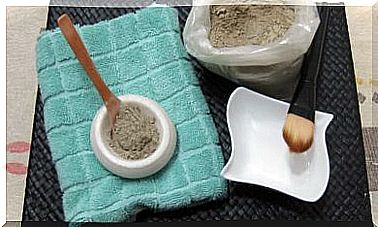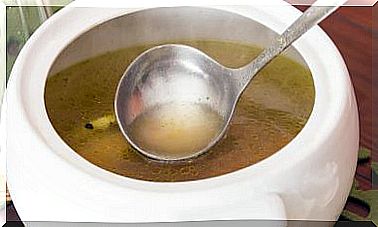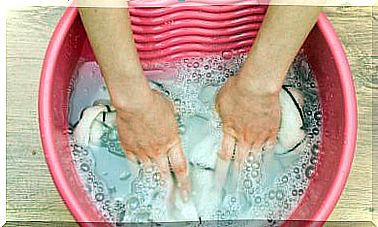Fecal Incontinence: Symptoms, Causes And Treatment
Fecal incontinence is a condition that significantly affects quality of life. Sometimes it causes embarrassment and this leads to not even consulting the doctor. With the right measures, it is a problem that can be overcome.
Fecal incontinence is the inability to control defecation. It is a condition that especially affects children and the elderly. The most common is that this problem is accompanied by constipation and diarrhea in successive and alternate stages.
There are many reasons for fecal incontinence. It may have to do with diseases of the colon, rectum, or pelvic and anal muscles. Treatment will depend on the cause that originated it in the first instance.
There are no conclusive studies on the incidence of fecal incontinence. It is a problem that causes embarrassment and the affected person, in general, refrains from consulting with the doctor. However, it is estimated that it could occur in 7 to 15% of the world population.
What is fecal incontinence?
Fecal incontinence is the inability to control bowel movements. This leads to unexpected leaks of stool from the rectum. This condition can have different levels of severity. According to the way it is presented, there are three subtypes:
- Passive incontinence or soiling: when there is an involuntary discharge of stool or gases, inadvertently.
- Urgent: if stool escapes even though active efforts have been made to retain it.
- Seepage or leakage incontinence: stool leaks after you have had a normal bowel movement.
There is also another modality that occurs in children and is called encopresis or pseudoincontinence . It occurs when, for emotional reasons, the person refuses to defecate. This leads to a buildup of stool, weakening of the muscles in the area, and leakage of loose stools.
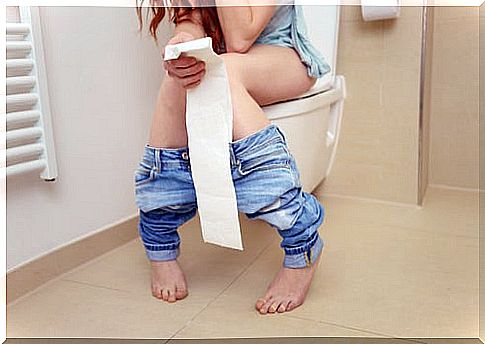
Causes
There are many reasons why fecal incontinence can occur. Among them we mention the following:
- Diarrhea: The stools from diarrhea are more watery and loose, so they fill the rectum quickly and are more difficult to hold.
- Constipation: this produces hard and large stools that end up weakening the muscles of the rectum. Soft stools leak behind hard ones.
- Muscle weakness: occurs in the muscles of the pelvic floor, the anus or the rectum. It is a consequence of surgeries in the area or previous trauma.
- Nerve injury: Neuropathies cause muscles to not work properly. This type of problem occurs from brain or spinal cord injury. Some neurological diseases are also behind the disorder, such as dementia, multiple sclerosis, Parkinson’s disease and stroke.
- Rectal prolapse: it is the descent of the rectum through the anus. It prevents the surrounding muscles from closing.
Symptoms of fecal incontinence
The most visible and noticeable symptom is the inability to retain stool within the body. Sometimes this is very mild at first and goes unnoticed. If stains appear on underwear, it may be an incipient sign.
Incontinence has occasional and chronic presentations. The doctor diagnoses it after a physical examination, which may include inserting a tube into the anus. In addition, there are other diagnostic tests that may be ordered, such as a blood test, a stool or stool culture, and even an abdominal X-ray.
As for newer studies, options are anal manometry and endoanal ultrasound. In any case, the barium enema, proctosigmoidoscopy, and colonoscopy, complemented with magnetic resonance defecography and balloon capacity testing , have not lost their validity.
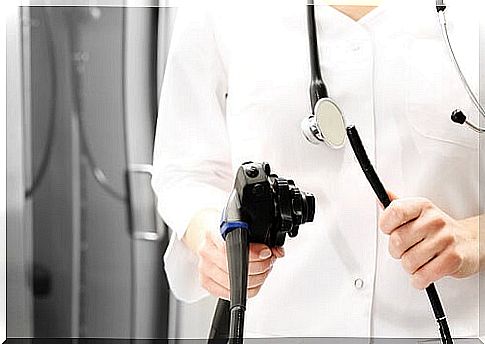
Treatment options
Treatment depends on the cause of the problem. Most commonly, it includes medications when the source is associated with a digestive problem. Likewise, it is very frequent that changes in the diet are suggested.
When incontinence is due to muscle or nerve problems, it is customary to indicate exercise routines to restore muscle strength or muscle therapies that help. In some cases, there is no other option but to go for surgery.
The surgical approach can be done to repair or replace the anal sphincter, or to treat a rectal prolapse, a rectocele, or hemorrhoids. Sometimes it is necessary to do a colostomy or intestinal diversion, in more serious situations.
A person with chronic fecal incontinence also needs psychological support, as this condition creates shame and isolation. Likewise, it is the main reason why the elderly are sent to nursing homes, revealing the social component behind it.
